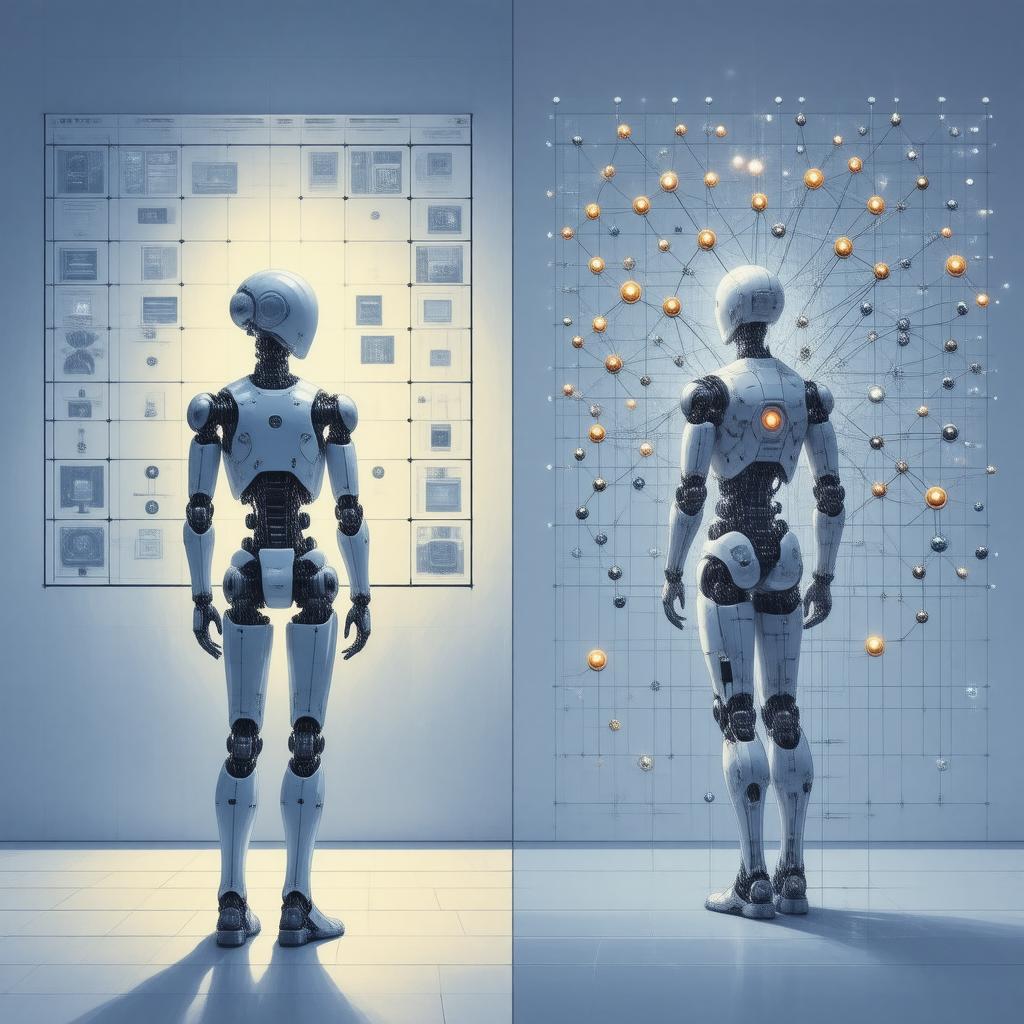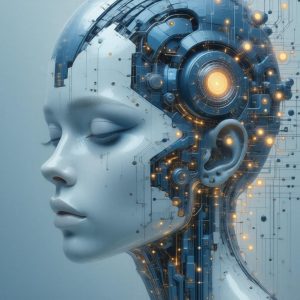In the simplest terms, a rational agent is a decision-maker that consistently takes the best possible actions to achieve its goals. Just like how we humans make reasonable choices based on our knowledge and objectives, AI systems use rational agents to make optimal decisions in various situations.
Understanding Rational Agents
What Makes an Agent “Rational”?
A rational agent follows a fundamental principle: it chooses actions that are expected to maximize its success in achieving predetermined goals. This decision-making process relies on:
• Current knowledge of the environment
• Past experiences
• Built-in performance measures
• Available actions or choices
Think of a rational agent like a chess-playing AI. It doesn’t just move pieces randomly; it evaluates the board position, considers possible future moves, and selects the action that gives it the best chance of winning.
Components of Rational Agents
Every rational agent in AI systems consists of several key elements:
• Sensors: To perceive the environment
• Actuators: To perform actions
• Performance measure: To evaluate success
• Learning component: To improve from experience
• Environment model: To understand the world it operates in
Types of Rational Agents
Simple Reflex Agents
These agents act based on current perceptions only, similar to a thermostat that turns on heating when it’s cold. They follow basic if-then rules and don’t consider the consequences of their actions.
Model-Based Agents
More sophisticated than simple reflex agents, these maintain an internal model of their environment. They can handle partially observable situations and predict likely outcomes of actions.
Goal-Based Agents
These agents work toward specific goals, considering different scenarios and choosing actions that help achieve their objectives. Self-driving cars use this type of agent to navigate safely to their destination.
Utility-Based Agents
The most complex type, these agents not only pursue goals but also evaluate how well different outcomes satisfy their objectives, choosing the most beneficial course of action.
Real-World Applications
Rational agents are everywhere in modern AI applications:
• Smart home systems that optimize energy usage
• Trading algorithms that make financial decisions
• Robotics systems in manufacturing
• Virtual assistants that respond to user queries
• Game AI that provides challenging opponents
Challenges and Limitations
While rational agents are powerful, they face several challenges:
• Computational limitations in complex environments
• Difficulty in handling uncertainty
• Balancing multiple competing objectives
• Adapting to changing circumstances
• Ensuring ethical decision-making
The Future of Rational Agents
As AI technology advances, rational agents are becoming more sophisticated. Current developments focus on:
• Enhanced learning capabilities
• Better handling of uncertainty
• Improved decision-making in complex scenarios
• More natural interaction with humans
• Greater adaptability to changing environments
Understanding rational agents is crucial as AI becomes more integrated into our daily lives. From smartphone assistants to autonomous vehicles, these digital decision-makers are shaping how machines interact with and serve human needs. As technology evolves, rational agents will continue to become more capable, making them an essential component in the future of artificial intelligence.



